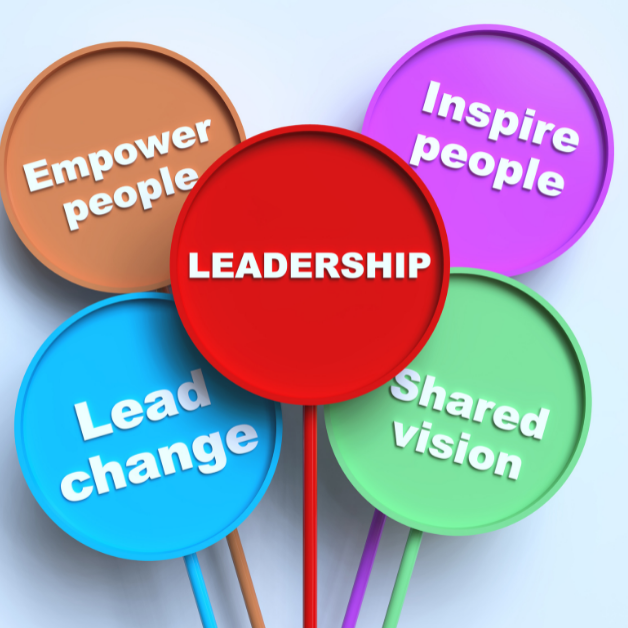
Leadership has changed and gone are the days when an omnipresent manager leading a subservient workforce is seen as effective.
Today’s outstanding leaders are one’s which empower their workforce and team by offering opportunities for growth, build trust, and nurture creativity.
What does it mean to empower people?
Empowerment means that you give your team more responsibility and autonomy, providing them with a more active role in your business and the decisions.
Empowerment is a great way to not only advance the performance of your team and your skills as a leader and will contribute to the overall success of your business.
Why it’s important
I was speaking to someone who I know to be a fantastic leader. He was telling me how his team has banned him from his operations meetings. Ok, he was being tongue-in-cheek about this, it’s his business and it was a mutual agreement.
But his concerns and worries were real, I listened as he shared some worries and concerns he had about taking a step back.
- Would he lose touch with his business?
- What if the team messed up?
- How would he know what was going on?
The reality is, as your business and team grows you cannot be in every part, and your team won’t want that either.
We have all known managers who got too involved in the day-to-day details, or who randomly turn up with good intentions to ‘help’ but always seemed to make the day more stressful by getting too involved.

So how do we empower people and take a step back?
It’s too easy to say that the key is to employ the right people. Even with a great CV and references, we don’t always know how someone will perform until they are part of the team. Building relationships and trust takes time.
Recognise that you might not always have a perfect person for the job, but you can support them as and when it’s needed. Do this effectively and they will grow into that ‘perfect’ person.
We are not all born leaders, delegation does not come naturally to everyone, neither does effective communication. Sometimes we have to learn how to do this.
Here are some ideas of how to delegate effectively:
- Set clear expectations. This comes down to clear and effective communication. If you’re not clear, you may not get what you expect. Developing better lines of communication lets others know that you are an approachable leader, so any questions or considerations your team has they will feel able to come to you.
- Ensure your team has the right experience or training needed to do their job or carry out a task. If need be, you can buddy them up with a more experienced member.
- When a question or problem arises, it’s always tempting to step in and offer a solution. Instead, send them off to think about how to solve it. This nurtures confidence and creativity, and encourages your team to trust their instincts and skill-set.
- Give autonomy. No one wants to be micromanaged! Agree together when and how your team will report back to you, or when they would like to discuss something. Be mindful that they might need support at certain stages, find out from them what this might be and how it will be delivered.
- Run with their ideas. You might find you get a better outcome that you would have achieved yourself, even if it differs from how you would have approached it. And always give credit when it’s due.
This way your team will get behind the business, take pride in what they do and therefore morale is higher, more productivity and a happy workplace for everyone.
The more you do this, the more you are able to step back with the knowledge and trust that your team have your business interests at heart.
If you want to empower your team more but are finding it a challenge, you could take a look at my coaching or consultancy support. Here’s a link to my programmes
